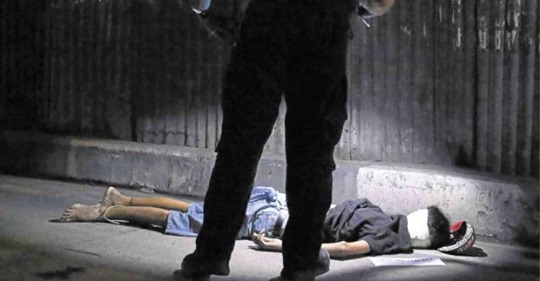
Six months after the signing of an Iceland-led resolution on the Philippines that was adopted by the United Nations Human Rights Council, a network of faith-based and rights organizations in the Philippines have submitted reports to the United Nations about the “worsening human rights crisis” in the country.
At least 16 organizations under the Ecumenical Voice for Human Rights and Peace in the Philippines (EcuVoice)—including Gabriela, Bayan, Ibon Foundation, ACT Philippines, Rise Up for Life and for Rights and Migrante—had submitted their individual reports to the Office of the UN High Commissioner for Human Rights Michelle Bachelet.
At a press conference on Friday, EcuVoice convenor Edita Burgos said the reports aimed to paint the human rights situation that is besetting the Filipino people under the administration of President Duterte.
“The Duterte administration’s antinarcotics campaign, its counterinsurgency program through Oplan Kapanatagan and its ‘whole of nation attacks’ under Executive Order No. 70, and its rampage against critics and political dissenters have immensely contributed to the hyper state of impunity,” Burgos said.
‘War on drugs’
Before Bachelet delivers her report at the UNHRC in June, the network recommends initiating a UN-led investigation on the Philippines through fact finding missions, a creation of a Commission on Inquiry, or official visits of UN special rapporteurs in the Philippines.
In their reports, the human rights groups outlined how the country’s socioeconomic and political context, including the “war on drugs,” intensified poverty and led to “violations on security of employment, high prices of basic commodities and services and the continuing plunder of land and resources including that of ancestral domains.”
Human rights group Rise Up for Life and for Rights demanded in its report for state accountability for drug-related killings.The killings, the group noted, “were the result of the implementation of a government policy purportedly designed to eradicate the illegal drug menace.”
Economic research group Ibon, meanwhile, noted in its report how the government’s TRAIN law violated the right to equality and nondiscrimination through a regressive tax reform system.
Analyses and documented cases on the drug war, the attacks on human rights defenders, lawyers, journalists, indigenous peoples and members of the political opposition were also noted in the reports.

